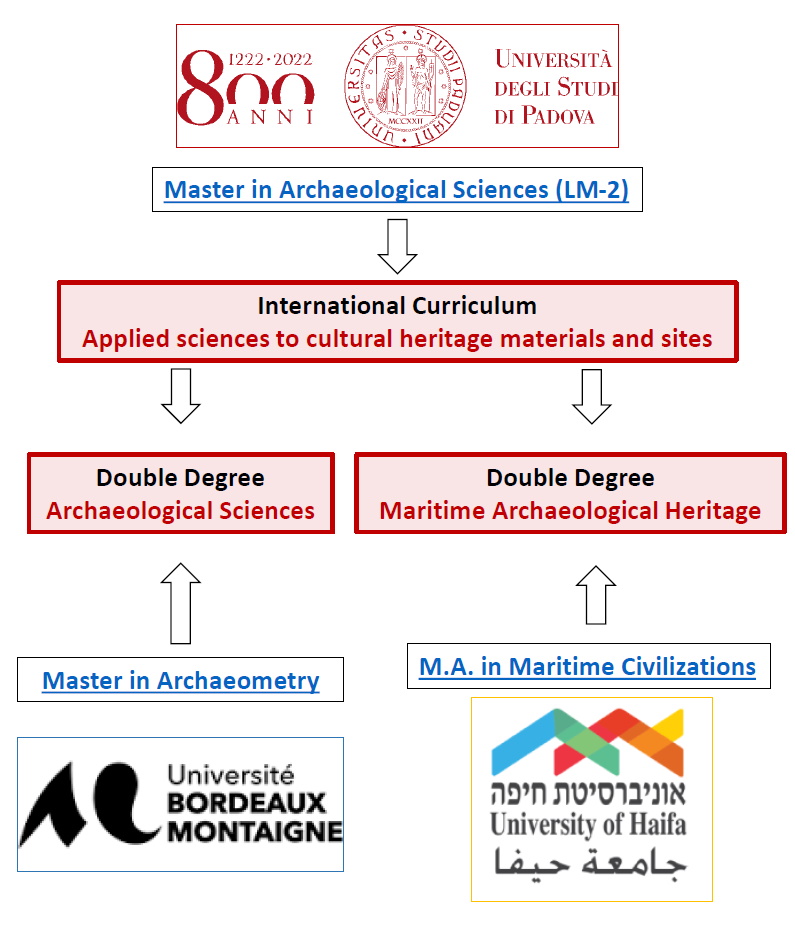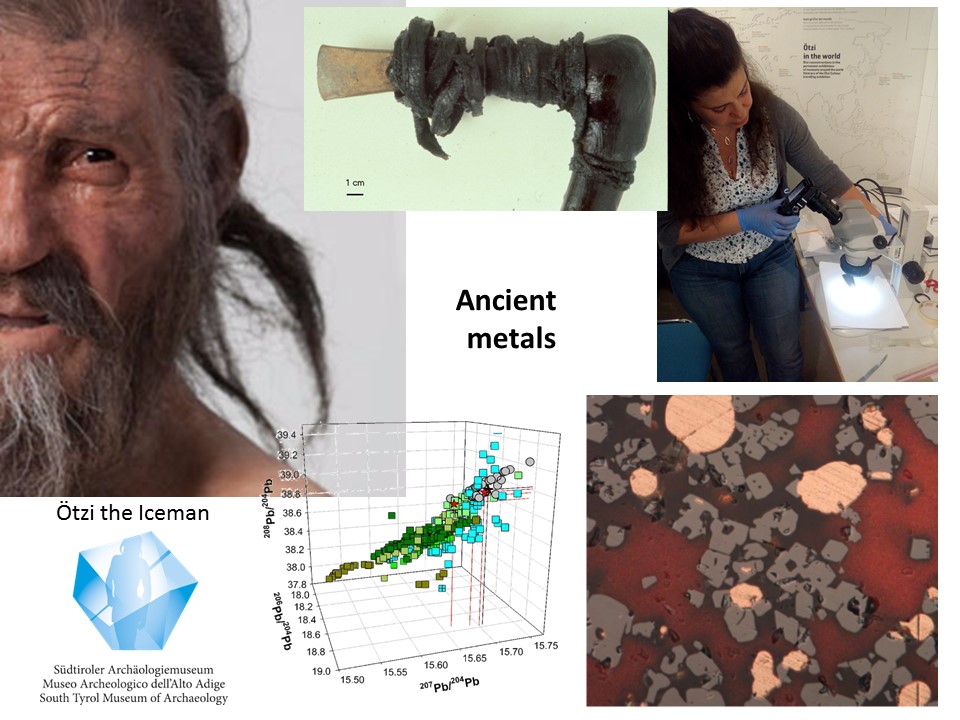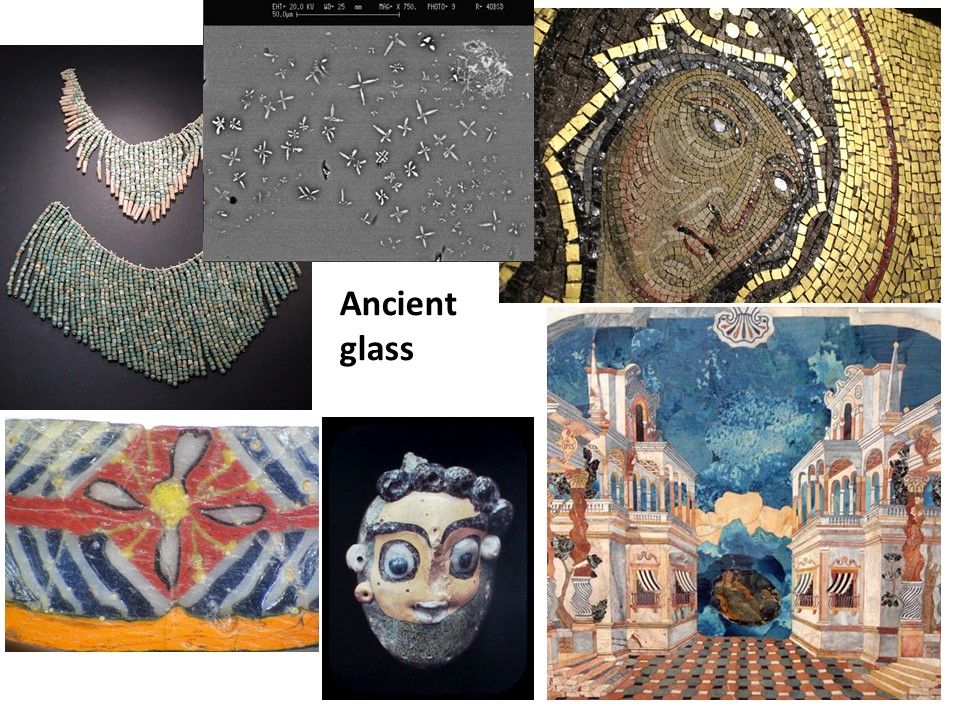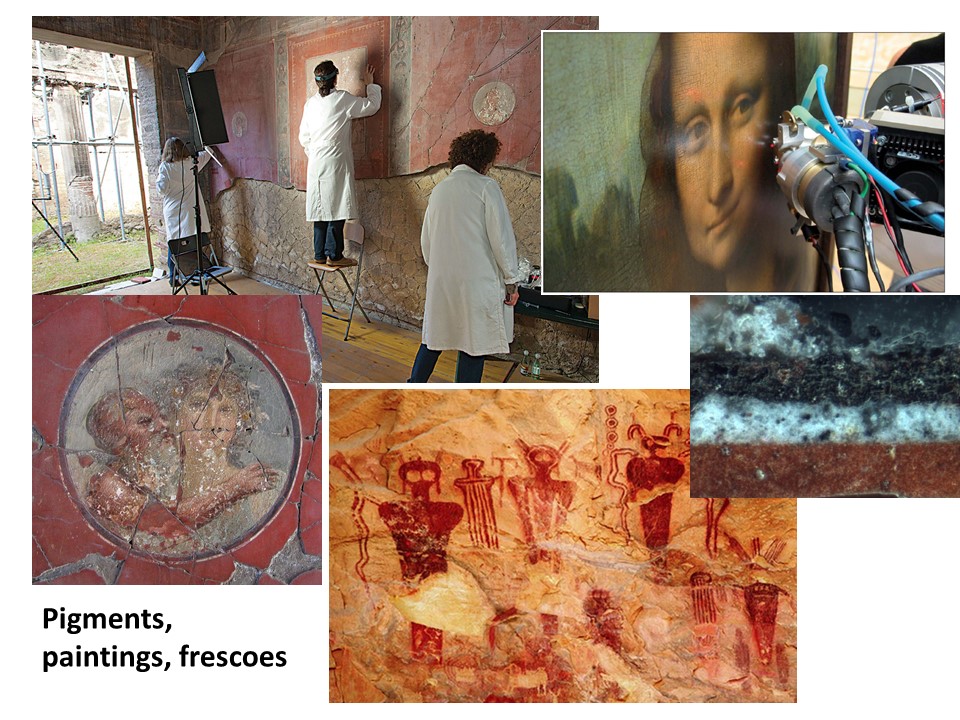Master's degree: Archaeological Sciences
Study track: Applied Sciences to Cultural Heritage Materials and Sites
The Master’s degree acknowledges the recent scientific advances in the investigation of cultural heritage materials at different scales, from the site/landscape survey to diagnostics at the molecular and atomic levels, and the interpretation of derived information. Based on truly interdisciplinary collaborations, the programme offers the theoretical background and the necessary practical knowledge towards the application of scientific methods to archaeological and cultural heritage materials.
The course wishes to emphasise the role of materials in human history and prehistory, showing how innovative and state-of-the-art archaeometric techniques and methods may efficiently extract tangible and intangible information from cultural heritage materials. Furthermore the obtained scientific information must be interpreted in the context of the physical chemistry properties of the material itself, the production process, the socio-economic framework, the conservation process, and finally properly inserted into the historical / social / anthropological / artistic timeline. The cultural heritage materials must be understood as having a past, a present, and a future life, always connected with the ever shifting values of human cultures.
| Course Type: Second Cycle degree | |
| Italian Class of Degree: LM-2 - Archaeology | |
| Language: English | |
| Location: Università di Padova | |
| Duration: 2 years | |
| List of courses/contents | |
| Leaflet of the degree programme | |
| Apply Now* | |
|
The Admission Calls for the 2026/2027 academic year for students holding an international Bachelor's degree are scheduled as follows: Call One: 2 November 2025 – 2 February 2026 *Holders of an Italian Bachelor’s degree who are interested in applying for the programme should refer to the instructions and deadlines outlined in the Call for Applications published on the page Avvisi, bandi di ammissione e graduatorie: lauree magistrali, under the section 'Scuola di Scienze umane, sociali e del patrimonio culturale' |
Join our Open Weeks!
Professors will present the degree programme along with international students. We will also discuss everything there is to know about applying, scholarships, fees, and student services.
NEXT OPEN WEEK: February/March 2026 (TBD)
Follow our Orientation Seminar on 26 February, 2026 👉 Registration here
Read what our testimonials have to say!
International Desk: international.dbc@unipd.it






